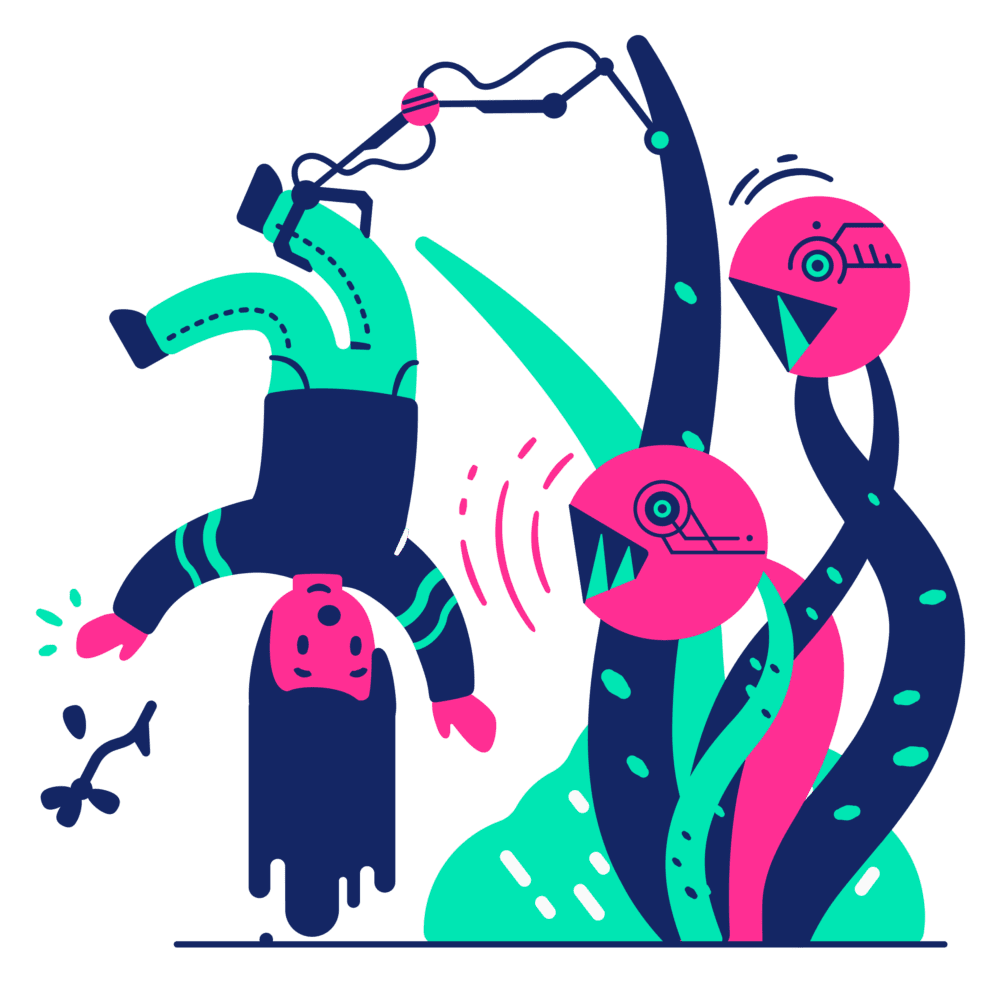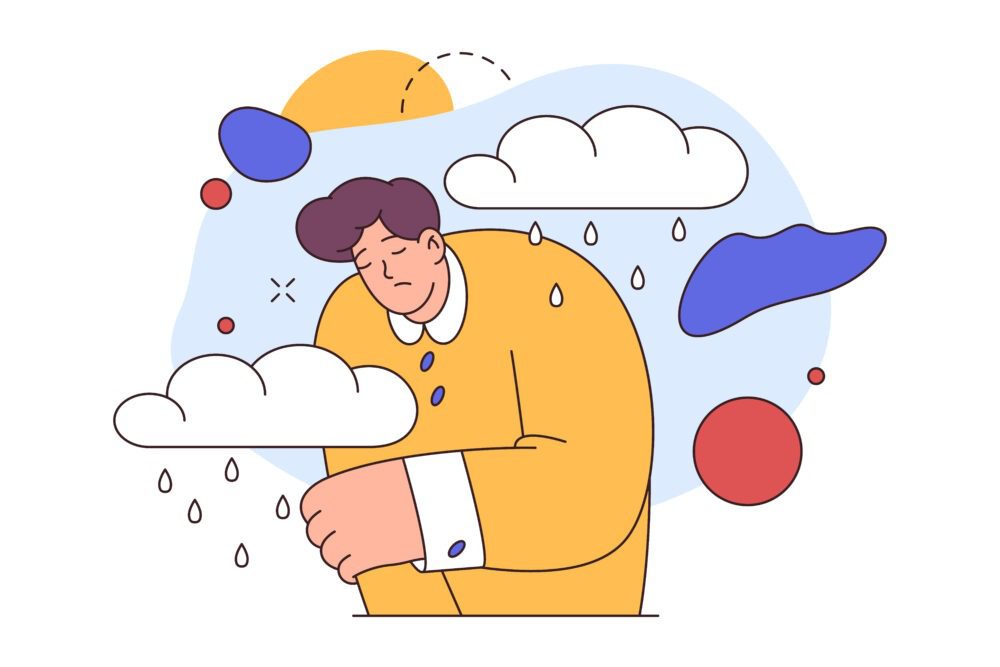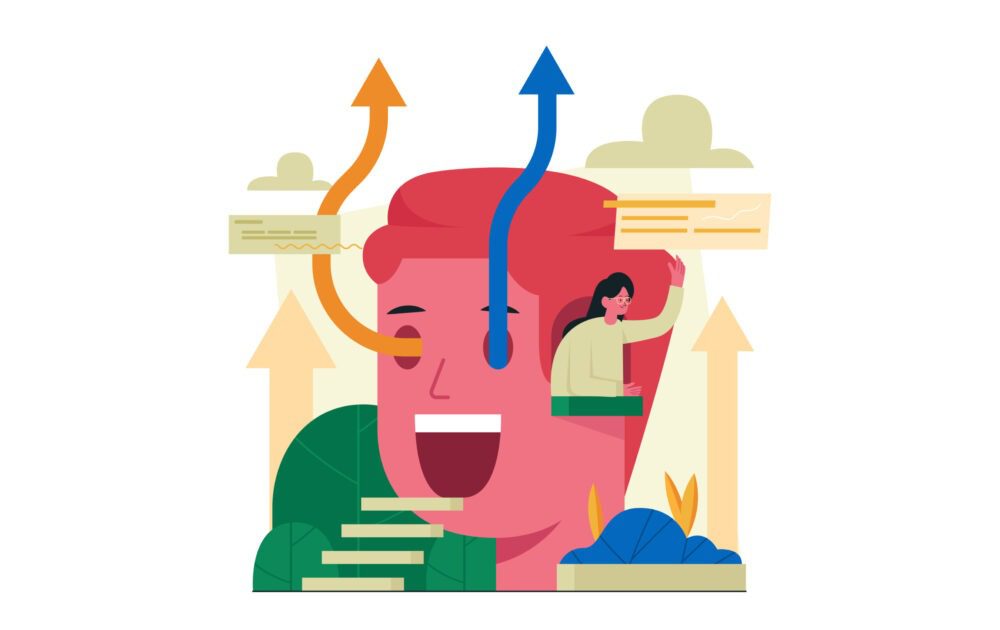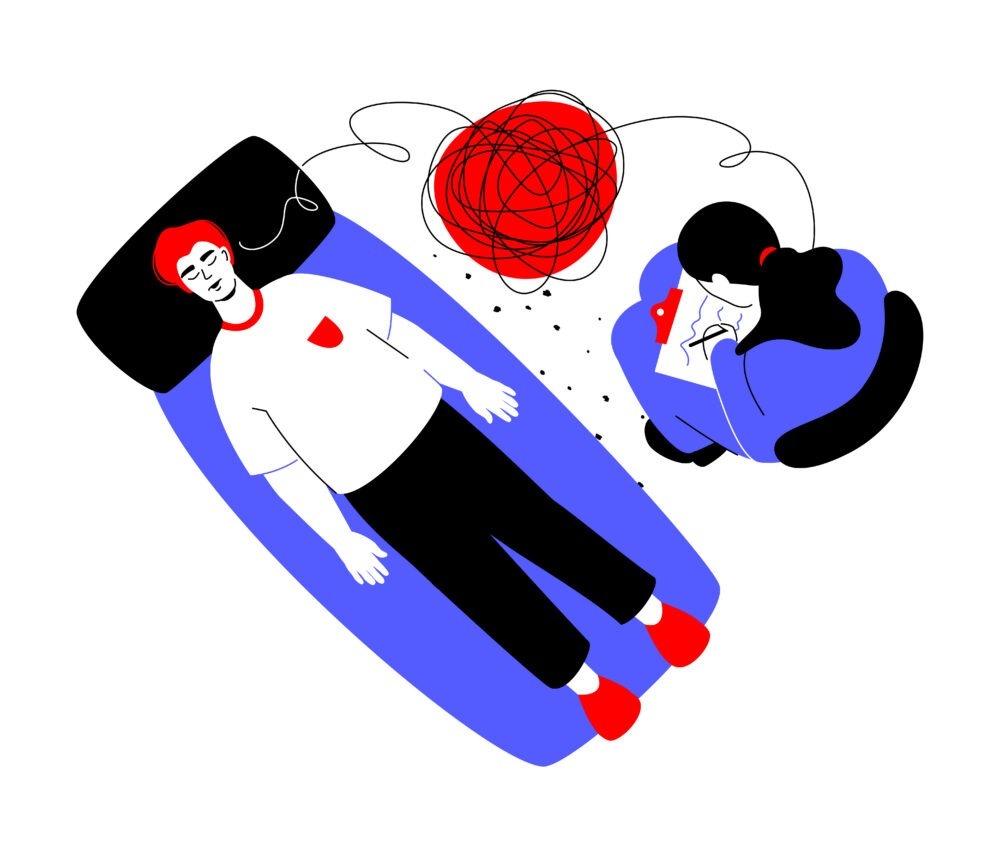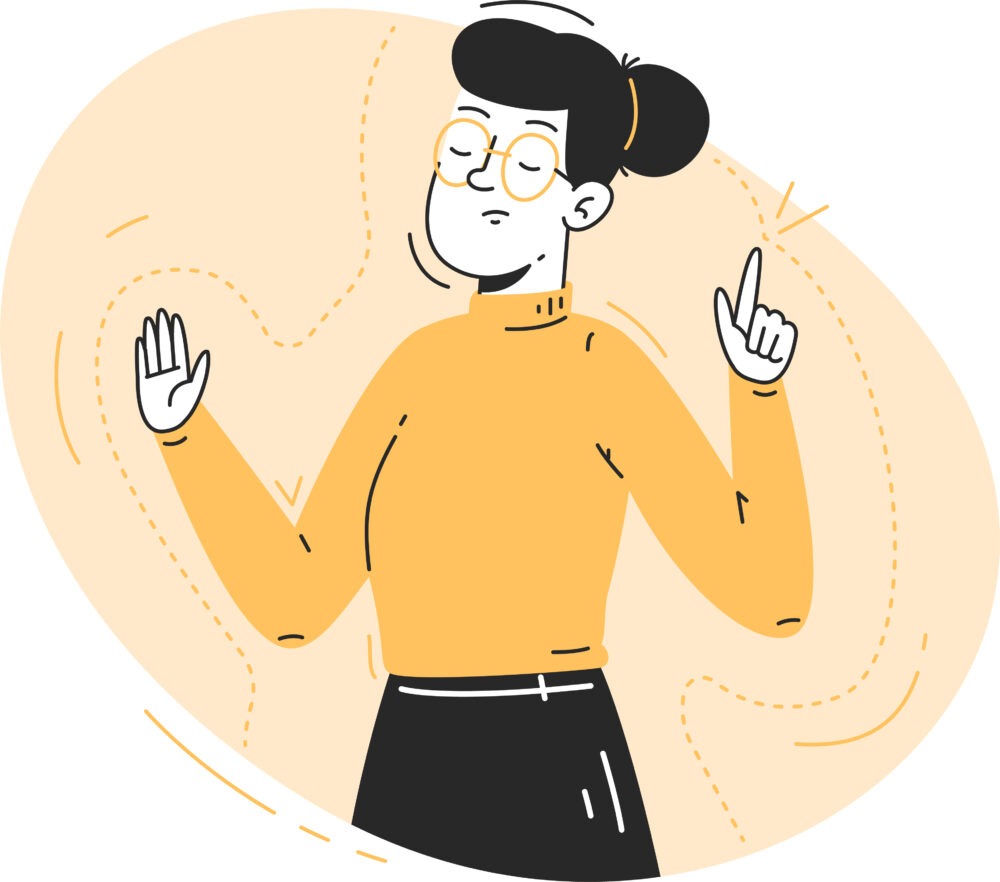The human body works in unison to ensure our survival. One such mechanism, the “fight or flight” response, is a primal and instinctive reaction to perceived threats. In this article, we will delve into the depths of this physiological phenomenon, exploring its origins, functions, and the cascade of reactions that occur within the body when… Continue reading
Posts by Deniz Uyanik
Ehlers and Clark’s model of PTSD
Post-Traumatic Stress Disorder (PTSD) is a complex and debilitating mental health condition that can occur after exposure to a traumatic event. Researchers and clinicians have long sought to understand the intricate mechanisms underlying PTSD. In the pursuit of this knowledge, Anke Ehlers and David M. Clark, prominent clinical psychologists, developed a comprehensive model of PTSD… Continue reading
Exploring Common Factors Theory for Effective Psychotherapy
Psychotherapy has evolved significantly over the years. Therapists employ a variety of approaches, techniques, and methods to assist their clients in achieving positive outcomes. Among the plethora of therapeutic models, one theory stands out for its broad applicability and effectiveness. In this article, we will delve into the essence of Common Factors Theory. While exploring… Continue reading
Is Free Association useful in therapy?
Freudian free association is a psychoanalytic technique developed by Sigmund Freud, the founding father of psychoanalysis. It is a method for mind exploring. Patients to express their thoughts, feelings, and memories without censorship or self-criticism. The underlying principle is that these uncensored thoughts can reveal hidden or repressed emotions and memories. While providing insights into… Continue reading
Resilience Theory : Study of Recovery from Adversity
Resilience theory, a concept rooted in psychology and ecology, provides insights into how individuals, communities, and ecosystems can not only withstand shocks but also thrive in the face of adversity. This article explores the essence of resilience theory, its origins, key principles, and real-world applications. What is Resilience Theory? Resilience theory studies how individuals, communities,… Continue reading
The Dodo Effect in Psychology Research
The Dodo Effect refers to a peculiar phenomenon where different therapeutic interventions, despite their varying techniques and approaches, yield comparable outcomes. This term, inspired by Lewis Carroll’s character in “Alice’s Adventures in Wonderland” who declares, “Everybody has won, and all must have prizes,” challenges our conventional understanding of treatment effectiveness. This article delves into the… Continue reading
Understanding Attachment Theory: How Our Attachment Styles Impact Relationships
Attachment theory, developed by British psychologist John Bowlby in the 1950s, explores the profound impact of early relationships on human development and interpersonal connections. According to this theory, the quality of our early attachments to caregivers shapes our beliefs, behaviors, and expectations in future relationships. Understanding the types of attachment and their effects can provide… Continue reading
The Abyss of Pleasure Freud, Lacan, and the Paradox of Jouissance
The pursuit of pleasure has intrigued psychologists and scholars for centuries. Freud‘s pleasure principle plays a foundational role in pleasure-seeking in our actions. At the same time, Jacques Lacan introduced the concept of jouissance, adding a layer to our understanding of pleasure. In this article, we will explore Freud’s pleasure principle and Lacan’s notion of… Continue reading
Understanding Histrionic Personality Disorder Symptoms, Core Concepts, Treatment, and Quality of Life
Histrionic Personality Disorder (HPD) is a psychological condition characterized by pervasive attention-seeking behavior, excessive emotionality, and a strong desire for approval and reassurance from others. Individuals with HPD often display dramatic and erratic behavior in an attempt to be the center of attention. This article aims to explore the key aspects of HPD, including its… Continue reading
Boundaries – How Therapy Empowers Individuals for Better Relationships
Boundaries play a crucial role in our relationships, self-esteem, and overall quality of life. They act as invisible lines that define our limits, protect our well-being, and maintain healthy connections with others. However, establishing and maintaining boundaries can be challenging for many people. Therapy, a powerful tool for personal growth and self-discovery, equips individuals with… Continue reading

